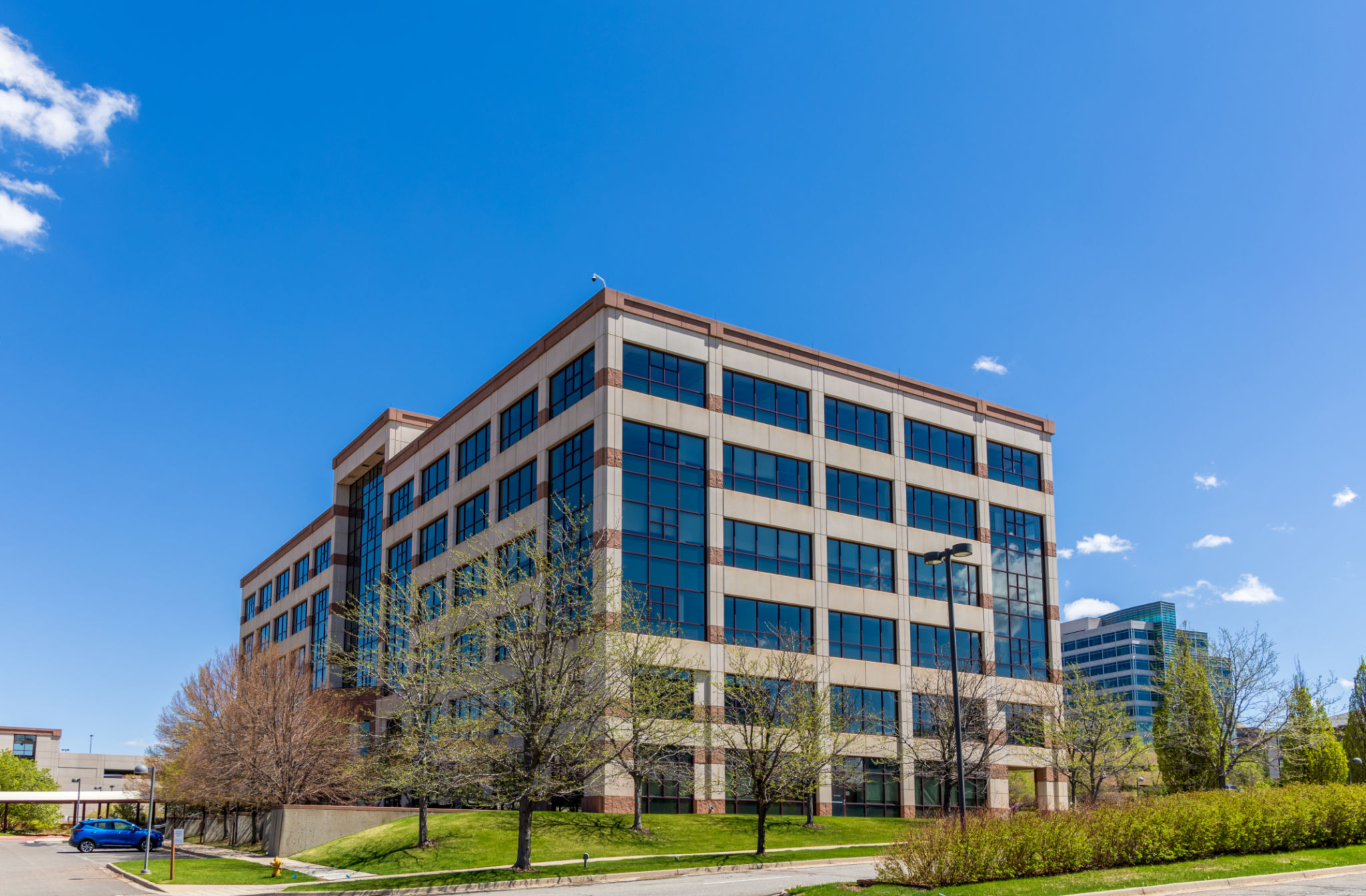Bridge Loans vs. Traditional Mortgages: Which is Right for Your South Bend Commercial Property?
Understanding Bridge Loans
When considering financing options for your South Bend commercial property, you may come across the term "bridge loans." A bridge loan is a short-term loan used until a person or company secures permanent financing or removes an existing obligation. This type of loan is often utilized to bridge the gap during financial transitions, providing immediate cash flow.
Bridge loans are typically used in real estate to act as a temporary financial solution, allowing property owners to buy a new property while selling the old one. These loans usually have higher interest rates compared to traditional financing options due to their short-term nature and the associated risk.

Exploring Traditional Mortgages
On the other hand, traditional mortgages are long-term loans with fixed or adjustable interest rates. They are often used for purchasing residential and commercial properties. Traditional mortgages usually have lower interest rates than bridge loans and are structured to be repaid over a longer period, often ranging from 15 to 30 years.
For those looking to invest in a commercial property in South Bend, a traditional mortgage can provide stability and predictability in monthly payments. This financial product is advantageous for businesses that plan to hold onto the property for an extended period and want to avoid the higher cost of short-term financing.

Comparing Costs and Interest Rates
One of the critical differences between bridge loans and traditional mortgages is the cost. Bridge loans usually come with higher interest rates, often due to the short duration of the loan and the higher risk involved. In contrast, traditional mortgages generally offer lower interest rates, making them more affordable over the long term.
When deciding between these two options, it's essential to consider your financial situation and objectives. If you require quick access to funds and plan to refinance or sell your property soon, a bridge loan might be suitable. However, if long-term stability and lower costs are your priorities, a traditional mortgage could be the better choice.

Flexibility vs. Stability
Bridge loans provide flexibility, especially when timing is a critical factor. They allow you to act quickly in competitive markets or when unexpected opportunities arise. This flexibility can be crucial for businesses looking to expand their operations without waiting for existing properties to sell.
In contrast, traditional mortgages offer stability with predictable payments over time. This stability can be beneficial for businesses that prefer a consistent financial plan and want to minimize exposure to fluctuating interest rates. Consider your business model and cash flow needs when choosing between these two options.
Making the Right Choice for Your Business
The decision between a bridge loan and a traditional mortgage largely depends on your current financial situation and long-term goals. Businesses that require immediate funding and have a clear exit strategy might benefit more from a bridge loan. Conversely, companies focused on growth and long-term property investment may find traditional mortgages more aligned with their objectives.
It's advisable to consult with financial advisors or loan specialists familiar with the South Bend real estate market. They can provide insights tailored to your specific needs, helping you navigate the complexities of commercial property financing.
